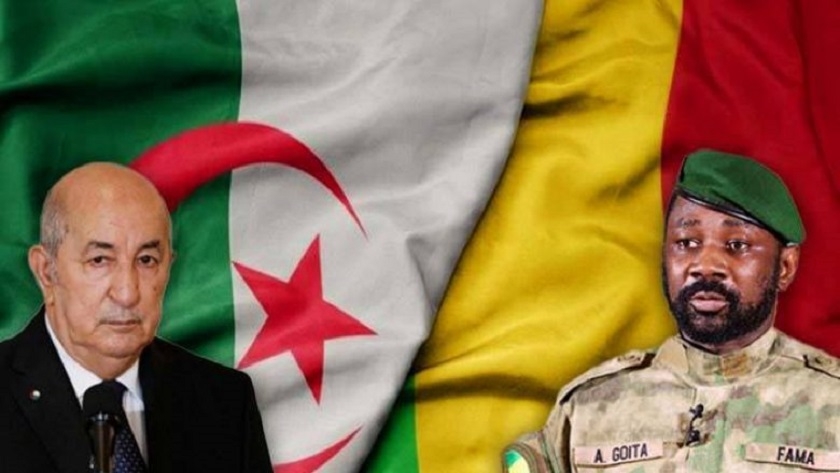A recent drone incident has escalated tensions between Algeria and Mali, leading to significant diplomatic and aviation repercussions. On March 31, Algeria reported that it had shot down an armed reconnaissance drone that violated its airspace near the border town of Tin Zaouatine. The Algerian Ministry of Defense stated that the drone penetrated approximately two kilometers into Algerian territory before being neutralized. In response, Mali’s military government contested Algeria’s account, asserting that the drone was operating within Malian airspace and was targeting terrorist groups near the border.
In response to the drone incident, Algeria announced the immediate closure of its airspace to all flights to and from Mali, citing “recurrent violations of airspace.” Mali, along with its allies Niger and Burkina Faso, collectively known as the Alliance of Sahel States (AES), condemned Algeria’s actions and reciprocated by closing their airspace to Algerian flights. This move was accompanied by the expulsion of ambassadors and heightened diplomatic tensions.
The airspace standoff reflects deeper geopolitical rifts in the Sahel region. Algeria has been advocating for diplomatic solutions to address Tuareg separatist movements and jihadist insurgencies, emphasizing dialogue and political engagement. Conversely, Mali’s military junta has increasingly favored military interventions, distancing itself from regional bodies like the Economic Community of West African States (ECOWAS) and forming new alliances, including partnerships with Russia.
This escalation raises concerns about regional stability, particularly in the context of ongoing conflicts involving Tuareg separatists and jihadist groups. Algeria fears that escalating violence and successful separatist movements could incite unrest among ethnic groups within its own borders and neighboring countries, complicating security and migration challenges across the region.





